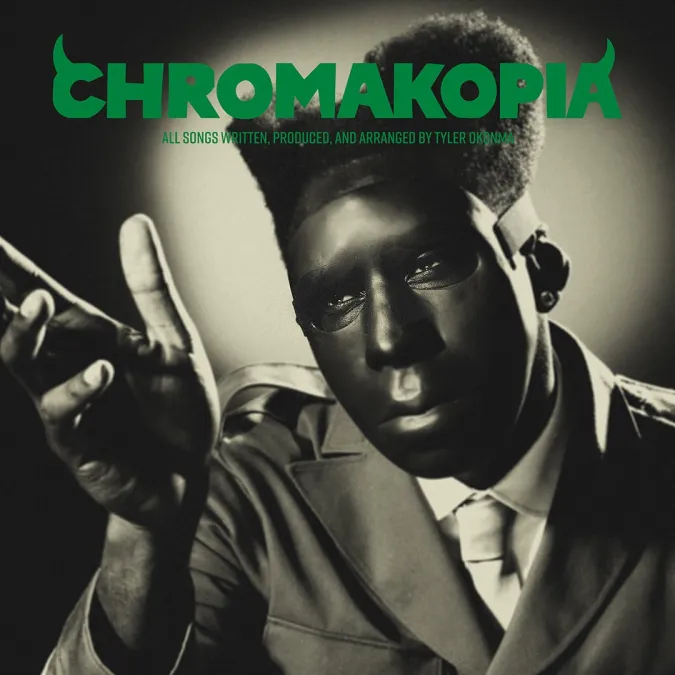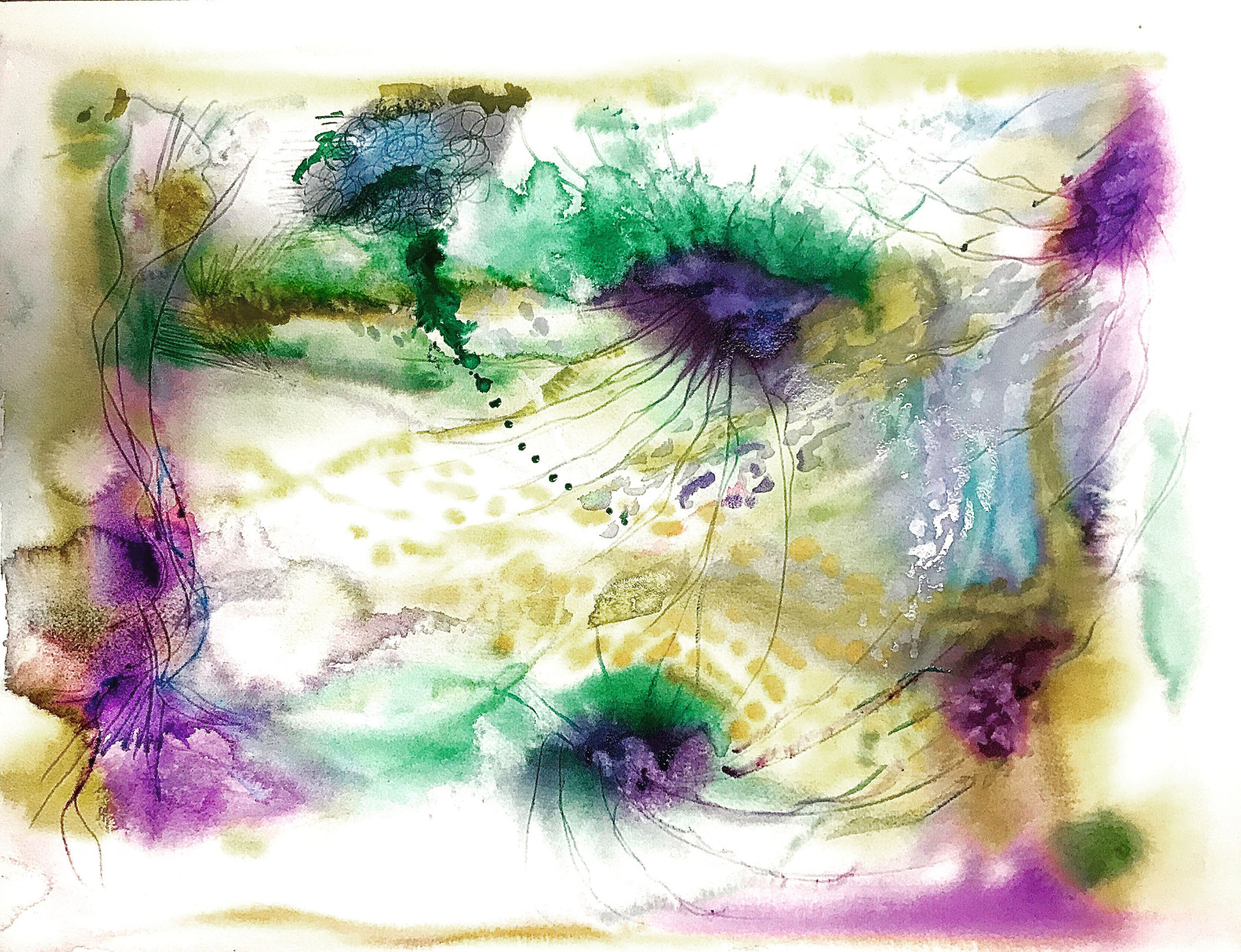
Tyler, The Creator’s lead single “Noid” from Chromakopia opens with a line that encapsulates the paranoia of being a rap superstar: “Loop around the block, eyes glued to the rearview / Rather double back than regret hearing, ‘Pew, pew.’” It’s a reflection on the ever-present fear of violence, especially in an industry where tragic deaths like those of TakeOff, Nipsey Hussle, and PnB Rock are all too common. For Tyler, now 33, this introspection has taken on a deeper, wiser tone as he matures in the rap game—what once felt like youthful bravado has transformed into a more complex understanding of life and fame.

Those expecting a return to the wild, confrontational Tyler from Call Me If You Get Lost may be disappointed. While his punchline-driven, rebellious energy isn’t gone, it’s certainly evolved. On Chromakopia, Tyler reflects more thoughtfully, grappling with his identity, his wealth, and his Blackness in a way that feels both personal and universal. Fans of his early work may miss the shock value, but the introspective, self-aware artist that emerges here feels more grounded and, perhaps, wiser.
A key theme throughout the album is Tyler’s tumultuous relationship with his father. On 2013’s Wolf, Tyler was a young man consumed with rage and bitterness toward his absentee father, spitting out lines like, “‘Dad’ isn’t your name, see, ‘f-ggot’s’ a little more fitting.” But on Chromakopia, the narrative shifts. The album features his mother, Bonita Smith, who, in the outro of “Like Him,” reveals that Tyler’s father did, in fact, want to be part of his life. It’s a moment of reckoning for Tyler, who comes to terms with the complexities of truth and family, showing growth in his ability to reflect and understand.
Chromakopia tackles themes of identity, Blackness, and personal disillusionment through a range of moods, from dark and self-critical to playful and materialistic. In “Take Your Mask Off,” Tyler deconstructs the concept of masculinity—especially within the context of hip-hop—and his own role in perpetuating the tough-guy image that he built early in his career. The song’s repeated refrain about taking the mask off exposes the hypocrisies that surround him, including his own.
The track “Judge Judy” juxtaposes explicit, over-the-top sexuality with a sobering contemplation of suicide. “Tomorrow” sees Tyler torn between the idea of giving his mother a grandchild and the emptiness that fame and fortune bring. However, the rare moment of joy comes on the track “Sticky,” where Tyler teams up with GloRilla, Sexyy Red, and Lil Wayne, letting loose and trading playful bars about sex and materialism. It’s a brief respite from the mental turmoil he explores elsewhere on the album.
In a year that has seen a resurgence in West Coast hip-hop, with Kendrick Lamar, ScHoolboy Q, Vince Staples, and others leading the charge, Tyler’s sound has remained distinct. He’s never quite fit the mold—too punk for the mainstream hip-hop crowd, not lyrical enough for the purists, and not street enough for the hardcore West Coast scene. But Tyler has always been unapologetically himself. Chromakopia is the journey of an artist still searching for clarity in a confusing world. Through his ever-changing personas and moods, Tyler captures the uncertainty of modern identity, making this album both a personal exploration and a reflection of the world he navigates.





